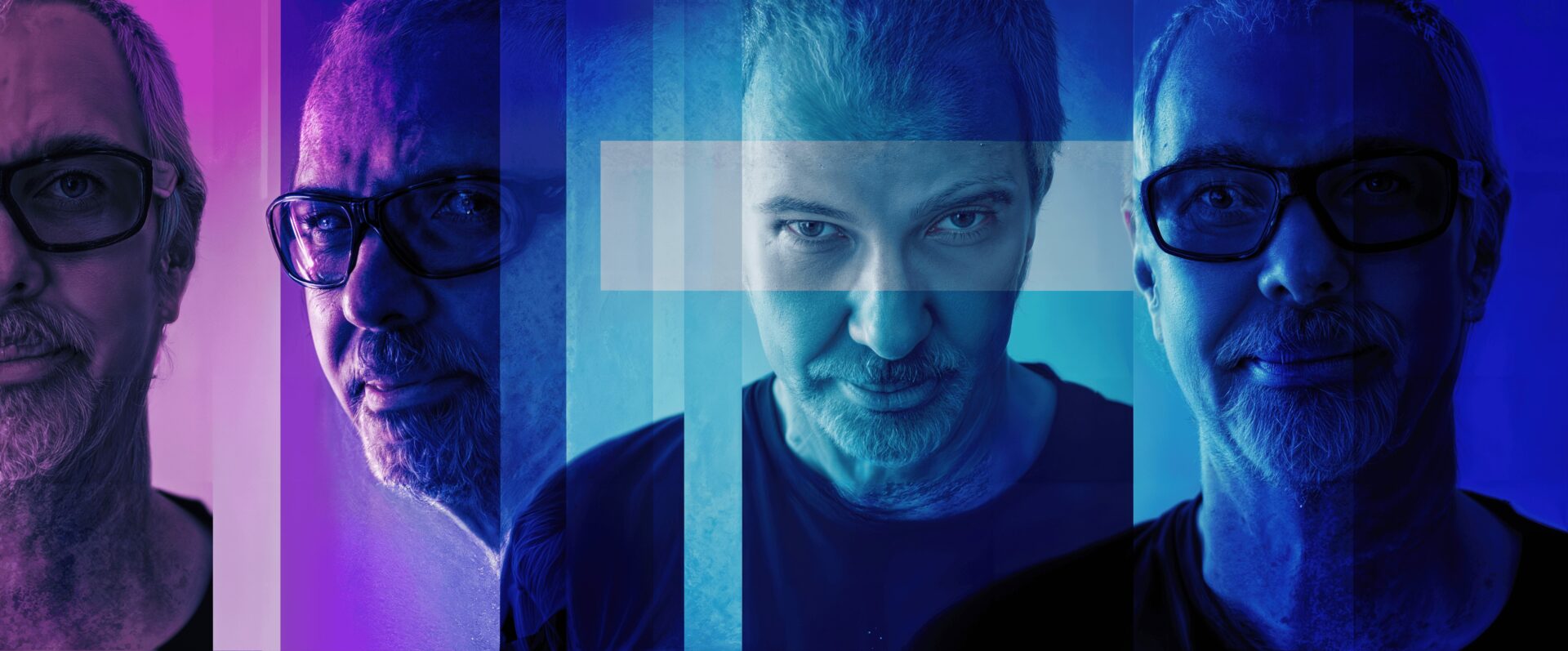We’ve got some of the most incredible artists, creatives and entrepreneurs in our community and we are constantly shocked by how prevalent imposter syndrome is. So many incredibly talented folks are haunted by self-doubt by a society that often tells you not to think too highly of yourself, but in order to have the strength to take on big challenges and make meaningful change in the world you’ve got to believe in yourself and so we wanted to create a space for conversations around overcoming imposter syndrome.
Courtney Bow

I think by trying new things and having fun with being a beginner.
Nobody really knows what they’re doing and we’re all just figuring it out as we go so you might as well follow what lights you up and lean into the learning process. I look back at my old photos/videos and I just remember how fun it was to hang out with my friends and be creative. Technically, I’ve gotten better but I’ve always had a lot of fun with the creative process even when I was a kid. Read More>>
Samantha Epperson
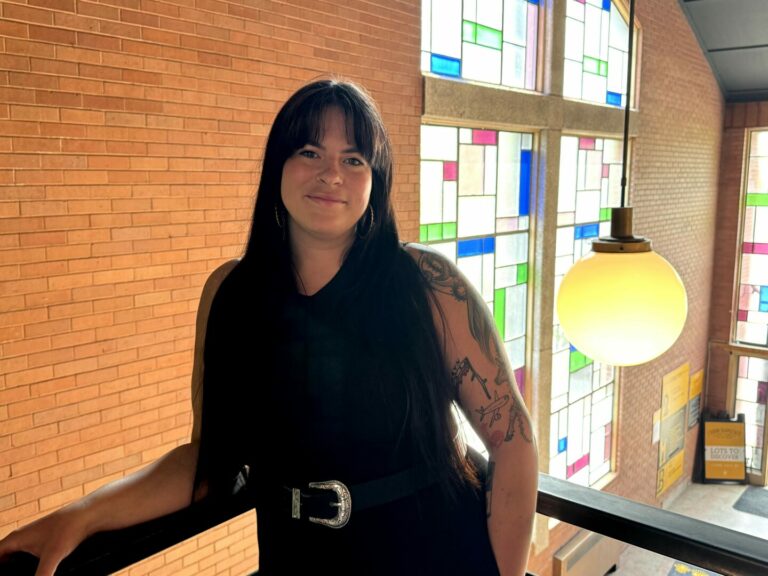
Imposter syndrome is a quiet, persistent voice that creeps in when you least expect it. It tells you that you’re not qualified, that someone else could do it better, that maybe—just maybe—you’ve tricked people into believing you belong in the role you’ve worked so hard to earn. Read More>>
Lucien Aleman

How did I overcome imposter syndrome? Like many other people, especially those working in creative spaces, I don’t believe I have fully overcome it…and am not sure I want to. Hear me out…
When I was younger, I always gravitated toward creativity. However, my affinity for it seemed more like a leisurely interest (despite encouragement from my family). In high school, whether it was playing piano, taking electives like Photography or Intro to Guitar, or sketching in my notebooks to distract myself from whatever we were learning in AP US History, I had always held on to those creative hobbies. Read More>>
Skyla Davis

Imposter syndrome isn’t just about self-doubt—it’s about the fear that one day, someone will decide you don’t belong. As a self-taught photographer, I’ve felt that weight in professional spaces where technical expertise is often treated as the defining measure of legitimacy. Without formal training or industry credentials, I sometimes questioned whether passion and persistence were enough. Read More>>
Amelie Ferdais
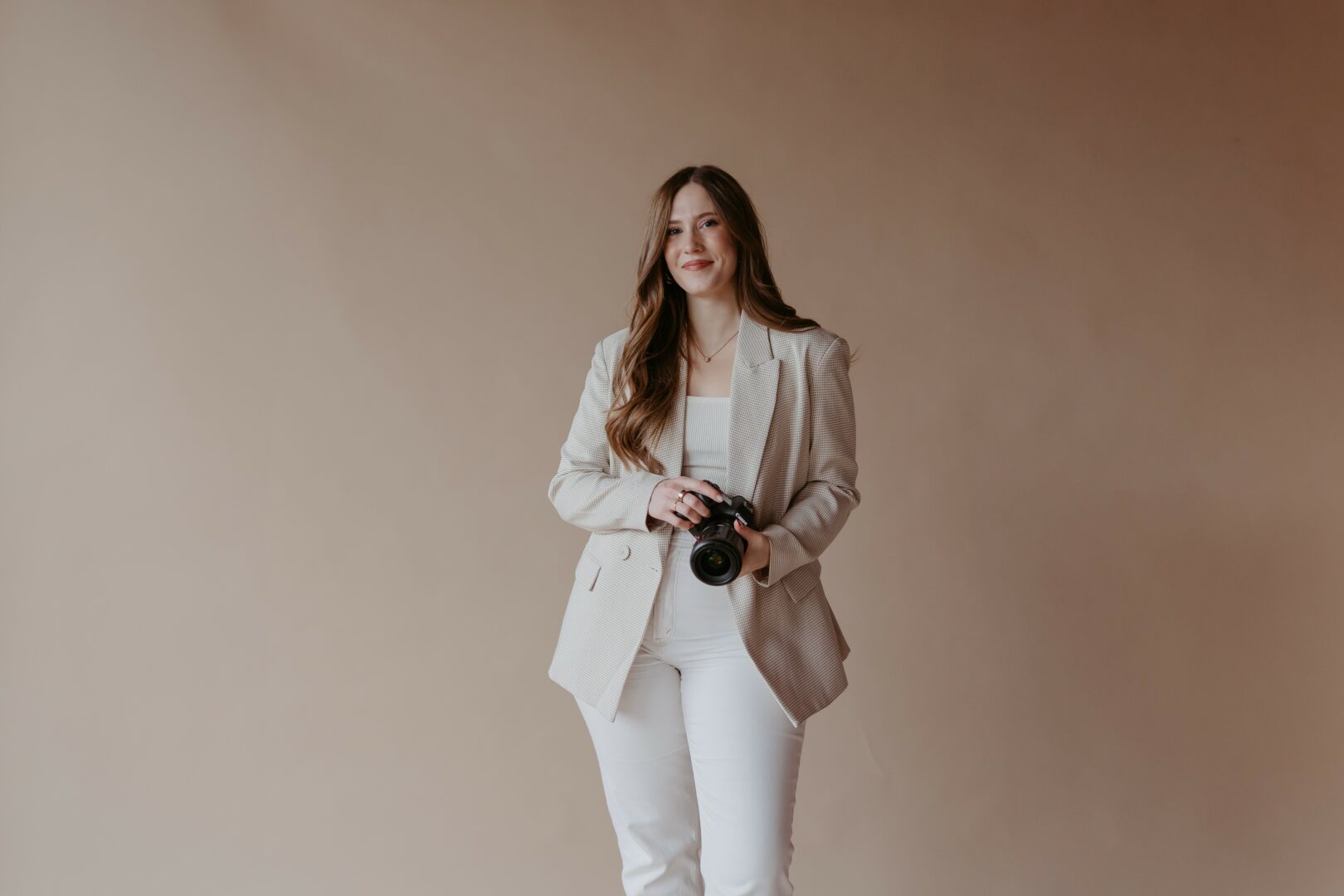
When I first picked up a camera, it wasn’t with the intention of building a business—I simply loved photography. It started as a passion, something I couldn’t get enough of. But like many creatives stepping into the professional world, I faced imposter syndrome early on. It’s so easy to feel inadequate when you’re just getting started, especially in an industry filled with so many talented people. Read More>>
Marquis Whaley
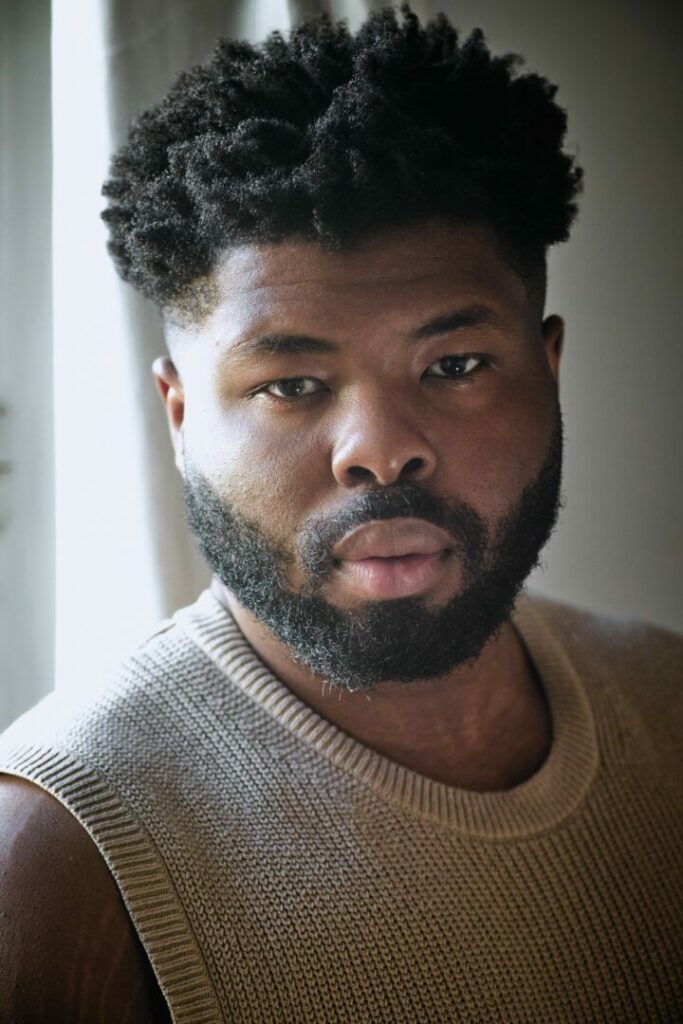
I don’t think imposter syndrome ever truly goes away. I still experience it daily, but over time, I’ve developed a strong awareness of when I start overthinking. I believe it’s a natural byproduct of having a high level of self-awareness and being an intellectual who’s constantly in their own head. Read More>>
Alejandra Avila
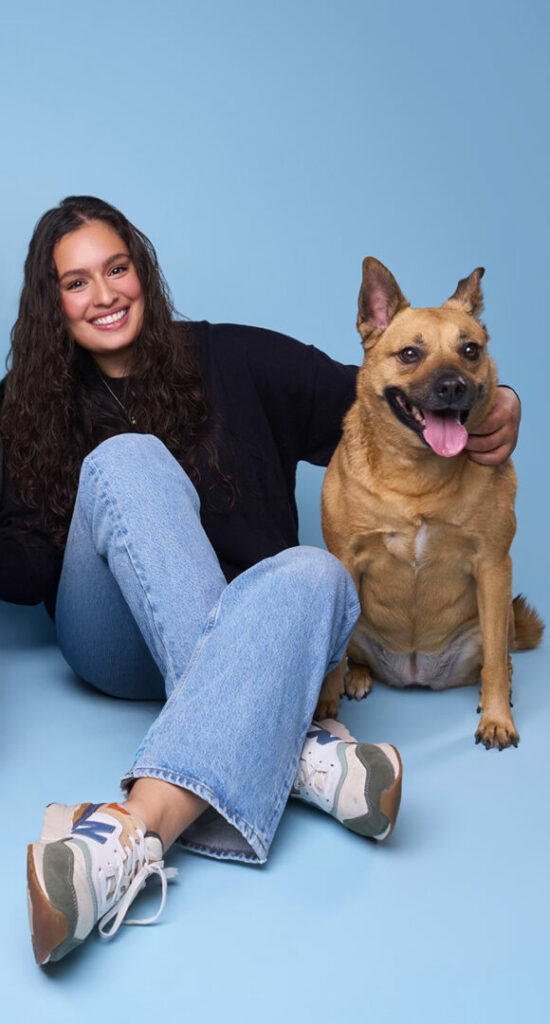
I wouldn’t say I’ve fully overcome imposter syndrome—maybe one day I will. But for now, what helps is being able to recognize it and distinguish between genuinely lacking a skill and simply feeling inadequate due to imposter syndrome. To me, the key difference is this: acknowledging areas where you need to grow is important, but when self-doubt creeps in for no valid reason, it’s crucial to remind yourself that you are capable, you do belong, and you are worthy. Read More>>
Kisha Smiley
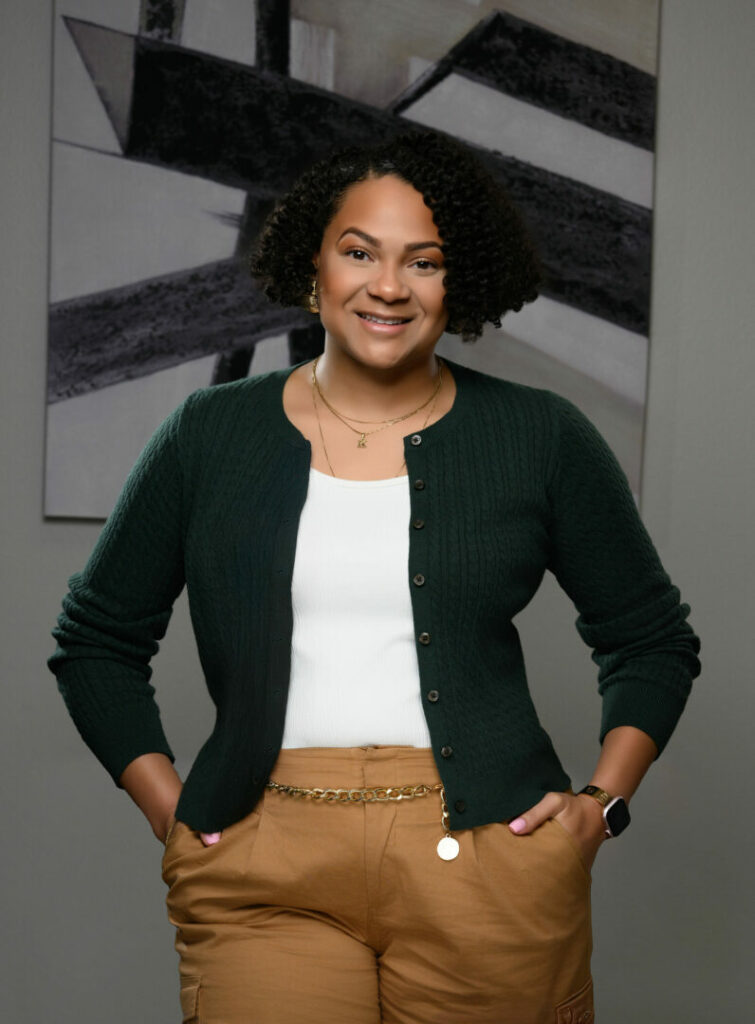
A trick I’ve learned when dealing with imposter syndrome is to embrace it. I know it sounds weird, but hear me out. First, give your imposter a name to personalize it. Next, ask yourself what is your imposter trying to tell you. We always assume the worst of imposter syndrome, but maybe your imposter is there to motivate you not to fail. Read More>>
Dwayne Perkins

The easy answer is to simply accept your fate and blessings from the universe/God. And also to recognize that it’s not your job to question fate whether you feel favored or not. In practical terms though, if one keeps some sort of record of the work they put in, I think they can find peace in the fact that they maximized their gifts and worked hard to hone and grow them. Read More>>
Mark Gallardo

Imposter syndrome is tricky, especially for those who hold high expectations, live mostly in the future, and struggle with self-esteem.
There’s who you were, who you are, and who you want to become.
As a high achiever, you tend to compare yourself to your ideal self while still carrying the weight of your past, pulling you in two different directions and causing internal turmoil that can even immobilize you. Read More>>
Nick Klock

I wouldn’t say I’ve completely overcome imposter syndrome, Like most people, I still experience moments of self-doubt. However, I’ve come to understand that imposter syndrome is a nearly universal experience, especially among creatives. The key isn’t eliminating those feelings entirely but learning not to let them hold you back. For a long time, I avoided taking risks out of fear of failure or not measuring up. Read More>>
Danielle Horvatin
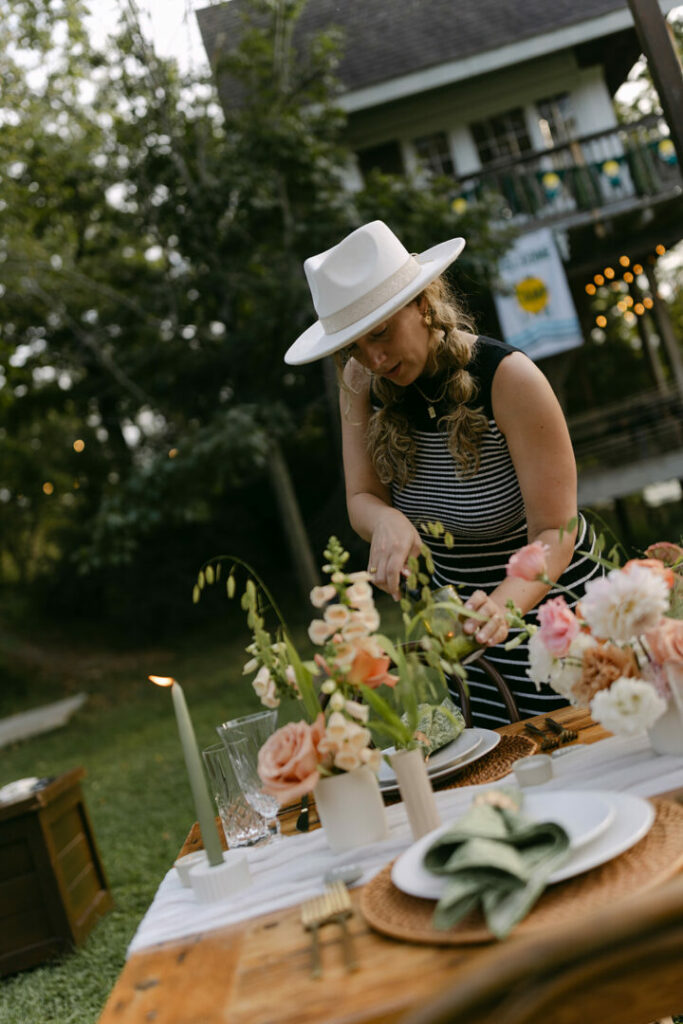
Imposter syndrome is something many wedding planners face, especially when starting out or stepping into new challenges.
For me, the key to overcoming it was embracing my expertise and recognizing the unique skills I brought to the table. Instead of questioning my abilities, I leaned into what set me apart—finding a niche that allowed me to stand out. I discovered that I thrived in planning camp weddings and working with nontraditional clients, two areas that require a distinct approach. Read More>>
Ashley Gadway

For years, I carried the quiet belief that there would be a moment—some defining nod of approval—when I would finally be “qualified” to take up space, start something new, or step into leadership. As a child, I looked at the adults around me—my friends’ parents who had careers, started businesses, and made big decisions—and I assumed they had all received some invisible permission slip that told them they were ready. Read More>>
Hayli Thorpe
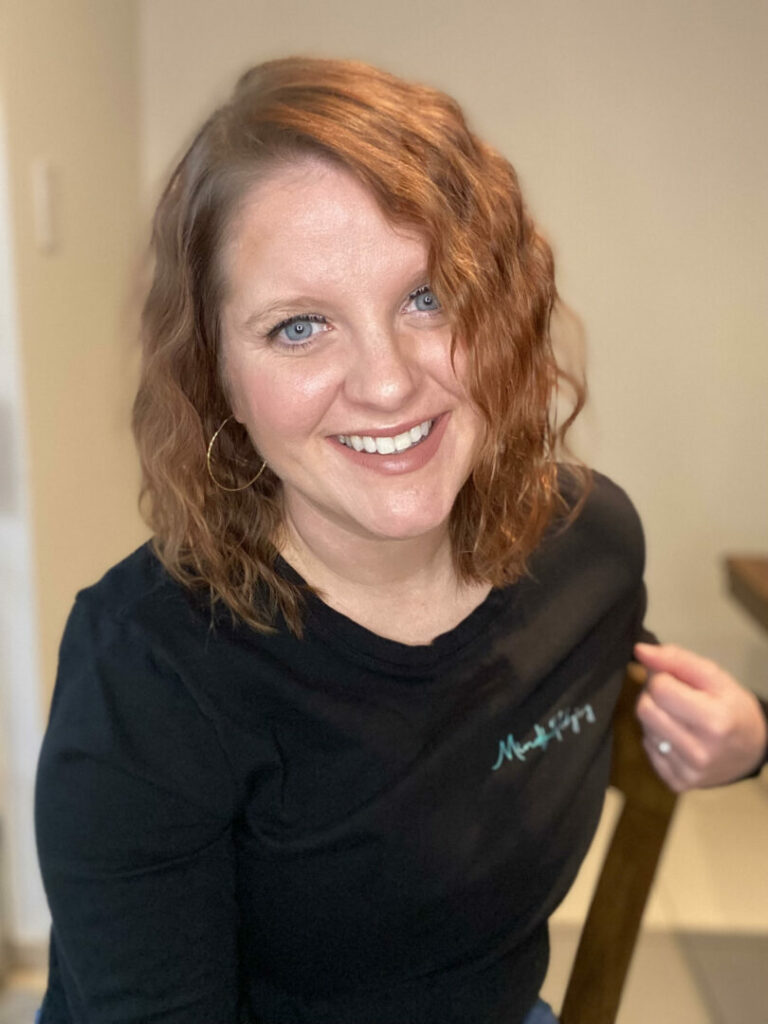
Getting to know other professional organizers and finding a community there has been instrumental to overcoming imposter syndrome. When I hear other (very successful) organizers struggle with the same things (difficult clients, understanding business finances, finding reliable help) if feels validating. I know it’s not just a me problem when I hear this! Otherwise, it’s easy to fall into “I guess I’m not a real business owner if I can’t figure this out.” Read More>>
Noah Koroman

I do not truly believe one can “overcome” imposter syndrome per say, but we work through it and recognize it for what it is and what it stems from in order to better manage it. Similarly to one’s anxiety. This sort of thing stems from one’s ability to recognize patterns, internally and externally, and their own assessment of self, in what ever predicament they may be in. Read More>>
David Airey

Imposter syndrome is something many designers face at some point. It describes a feeling I’ve had that I don’t deserve whatever success comes my way, that I’m somehow a fraud, and that eventually, someone will call me out on it. Reminding myself that it’s common helps reframe it as a sign that I’m pushing myself out of my comfort zone — growing as a designer. It’s also worth remembering that skill and creativity aren’t innate; they’re built through practice, learning, and experience. Read More>>
Chelsie Tamms
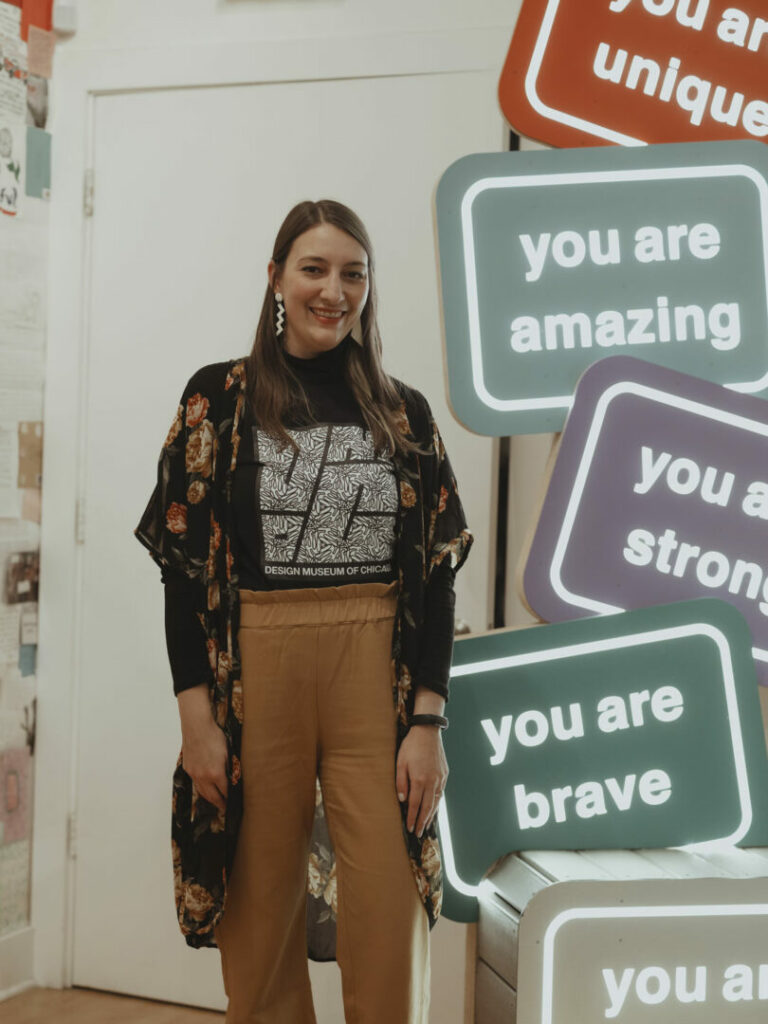
For many creatives, imposter syndrome is inevitable. For me, it’s less about completely overcoming it and more about learning how to live with it. There are many helpful ways I’ve found to combat imposter syndrome. My favorite way is to always have a passion project to work on where I can use my skills thoughtfully and grow as a creative. These projects often have ties to personal interests or causes and lead to meaningful work. Read More>>
Nathalie Warriner
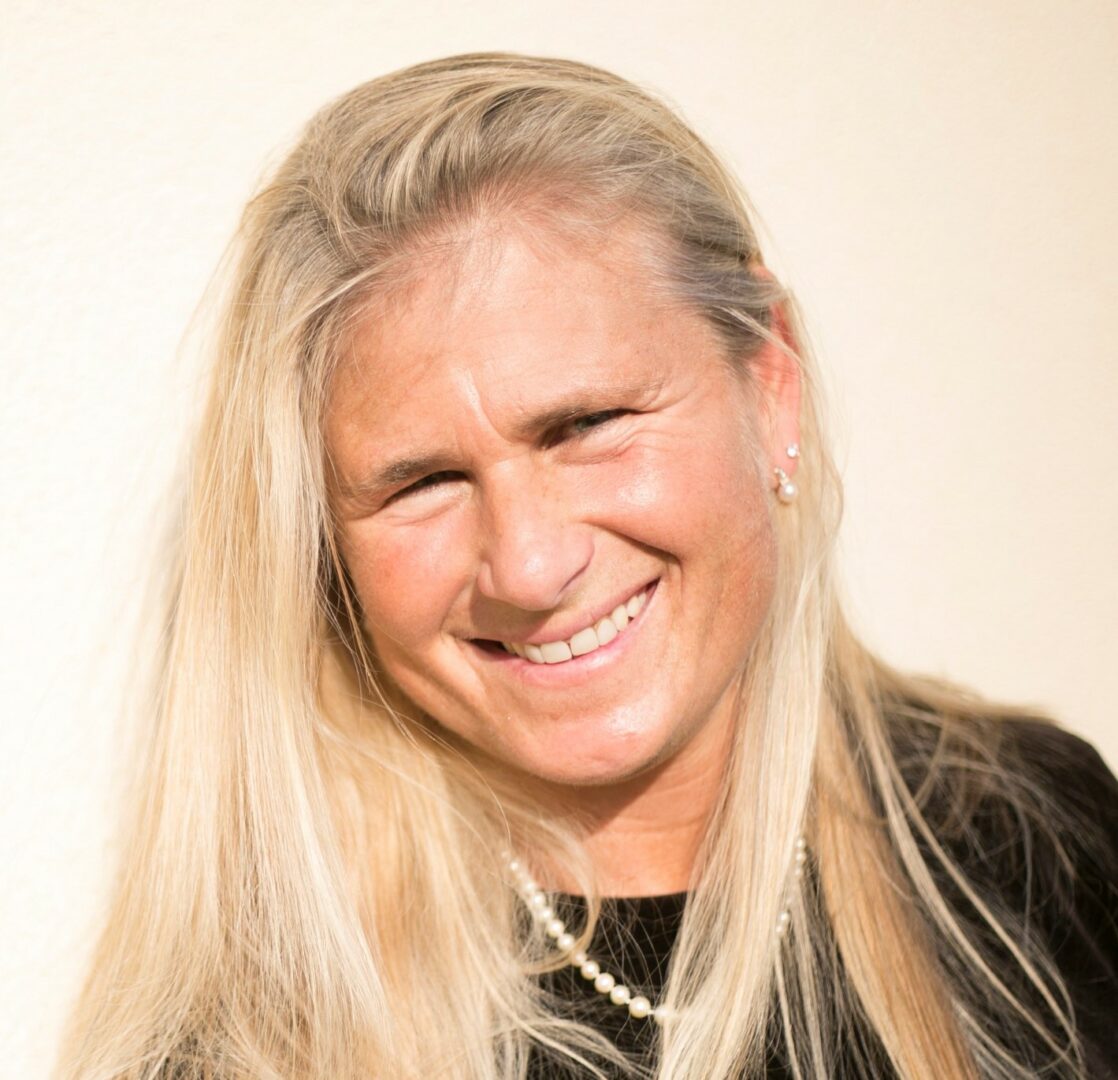
I’m not sure we can ever completely “overcome” imposter syndrome.
We can learn to recognize it when it shows up, and be able to continue creating in spite of it.
For me, it arrives as a kind of challenge. It mocks me and invokes doubt.
It asks, “Who do you think you are? Who are you kidding? You’re not a *real* artist.” Read More>>
Kely De Jesus
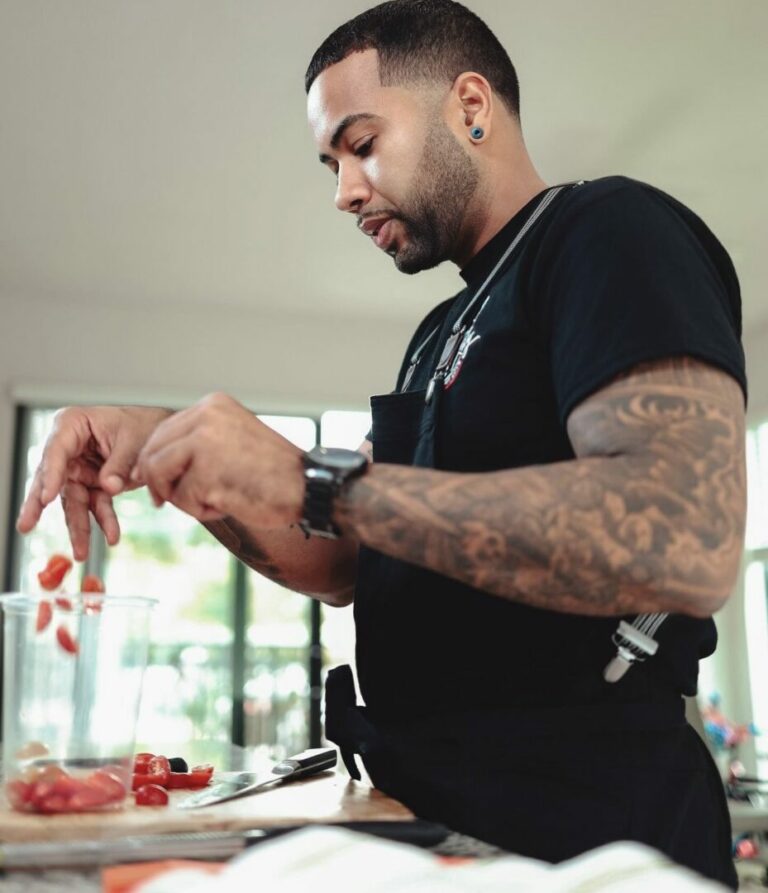
Consistency. I have days where I still don’t believe I am who I am. How do you stay humble enough to know that there is so much more for you to learn and grow, while giving yourself praise for your achievements? I’ve learned that I am the real deal by working with other professionals that I respect. Usually what starts off as me feeling intimidated, results in their admiration and acknowledgment of not only my skills but my accomplishments. I am the real deal. Read More>>
Cortney Buczkowski

I literally have imposter syndrome right now—it’s nearly impossible not to. This industry is packed with talent, and social media only amplifies the comparison game. To navigate that, I try to limit my time scrolling and focus on my family and my work.
Instead of letting doubt hold me back, I lean into learning. I never turn down an opportunity to grow from my peers. And more often than not, when you get a peek behind the curtain, you realize no one is great at everything—and that perspective is grounding. Read More>>
Danielle Rizzo
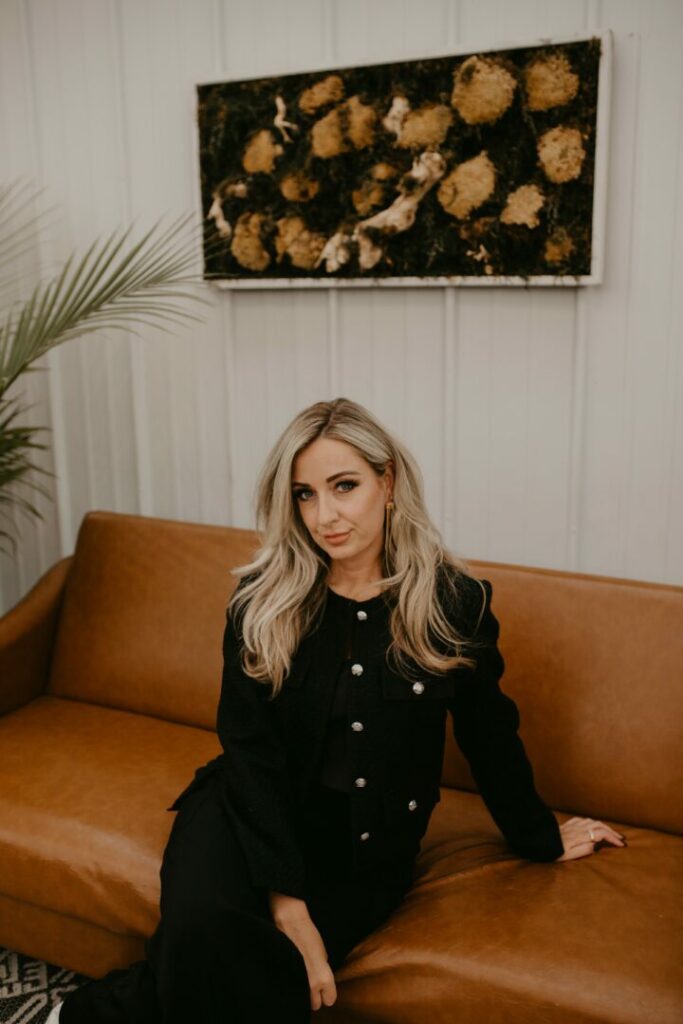
Imposter syndrome was definitely something I had to work through, especially in the beginning. When I started my business, I naturally questioned whether I was “qualified enough” or if people would take me seriously. But I realized that waiting to feel ready would only hold me back.
I overcame it by taking action—showing up, doing the work, and proving to myself that I belonged in the spaces I was stepping into. I also reminded myself that everyone, even the most successful people, have moments of doubt. Instead of letting it stop me, I used it as fuel to keep learning and growing. Read More>>
Mykyl
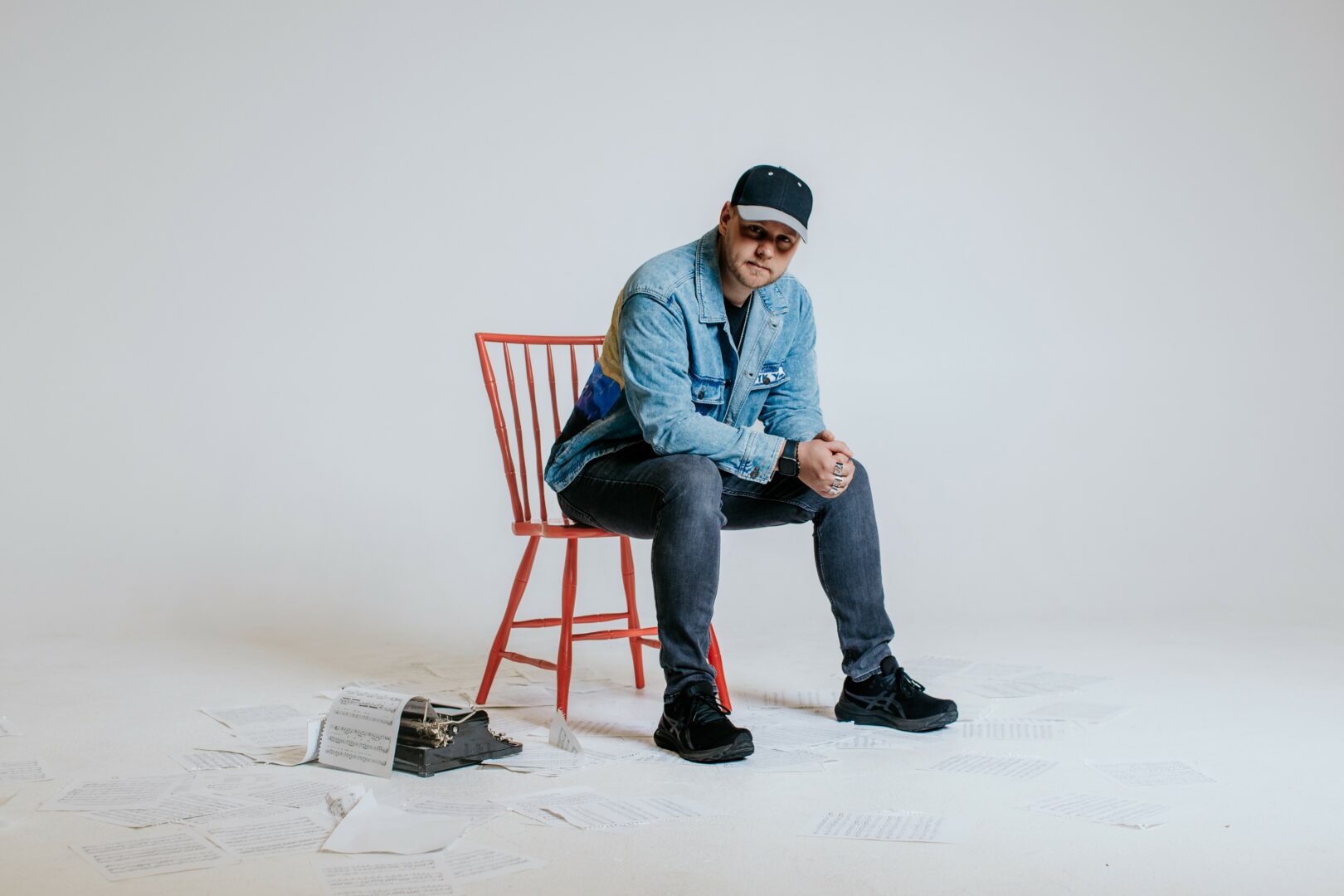
Imposter Syndrome has been a huge struggle for me lately. In the competitive music world where we’re expected to shine a spotlight on ourselves and boast our highlight reels, it can start to feel inauthentic. I’m supposed to be something special for the fans, but the truth is I often feel like the least talented person in the room. I’m just a chill guy who likes to write songs (am I too late for that meme?) Read More>>
Shahrzad Razi

The first time imposter syndrome really hit me was when I was trying to name my architectural practice. I went through countless names and acronyms, but somehow, using my own last name never felt like an option. As a woman—one who chose to keep her maiden name—I struggled with the idea of truly owning it. Read More>>
Cindy Boney

Imposter syndrome is the nemesis of all creators. It constantly reminds us of our shortcomings, inadequacies, lack, and the impossibility of mastery, to name a few. To overcome imposter syndrome is to stare it straight in the face and admit that we all are imposters in some form or fashion. Solomon, in his wisdom, declared, “What has been will be again, what has been done will be done again; there is nothing new under the sun.” Ecclesiastes 1:9. Read More>>
Kevin Pinkerton

For several years, I struggled with imposter syndrome. Despite achieving some success in my career and receiving positive feedback from colleagues and mentors, I often felt like a fraud. I constantly worried that people would eventually discover I wasn’t as competent as they thought. This feeling held me back from pursuing new opportunities and sharing my ideas, leaving me stuck in a cycle of self-doubt. Read More>>
Stephanie Miller
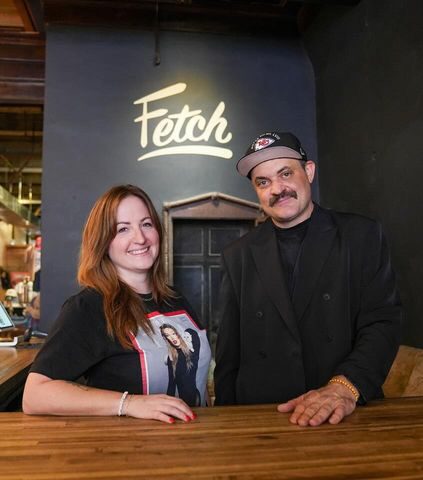
Building an ever growing online presence for Fetch definitely keeps me on my toes and constantly looking to keep the pulse on current events. The imposter syndrome would usually hit hardest when the posts would flop. I would worry that we lost our edge or relevancy, but constantly reminding myself that social media is a tool for the business Read More>>
Slayer Shūsaku Ii
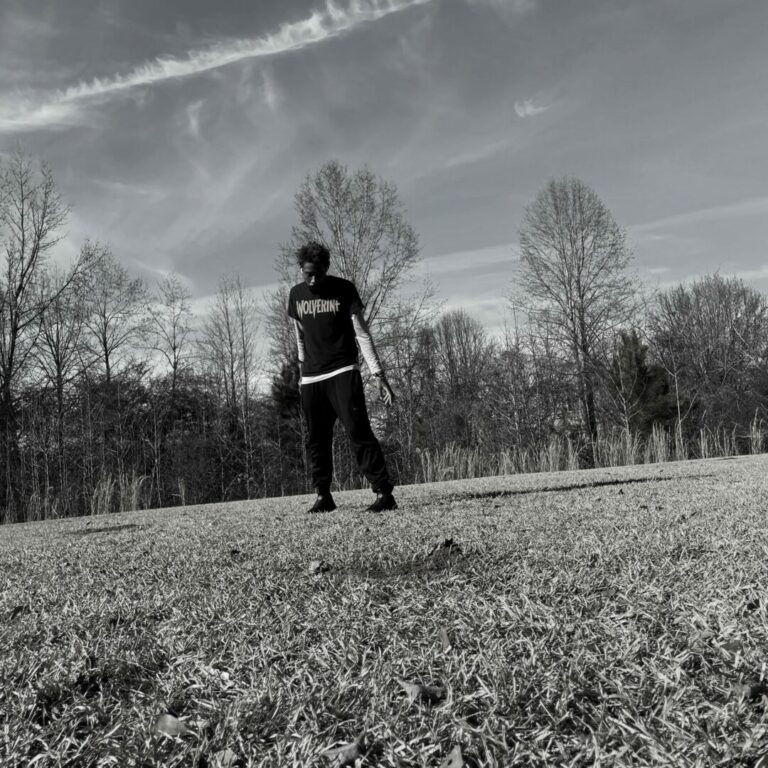
Knowing what imposter syndrome is the first the first step for knowing what it is. I guess just dealing with it. I don’t really view myself as a “celebrity”. Or nothing like that. I find it strange some even refer to me as one. I don’t know, guess it just kind of happened out of no where.
It came up a few times. Still brushed it off. Read More>>
Micaela Fellay

I believe the imposter syndrome is something that accompanies everyone who is striving to create or achieve something meaningful. Behind every idea, every new project, there’s always that voice trying to hold you back. It’s the rational side of you, telling you that you’re not ready, not qualified, or that you don’t deserve the success you’re pursuing. Read More>>
Jamie Pattee
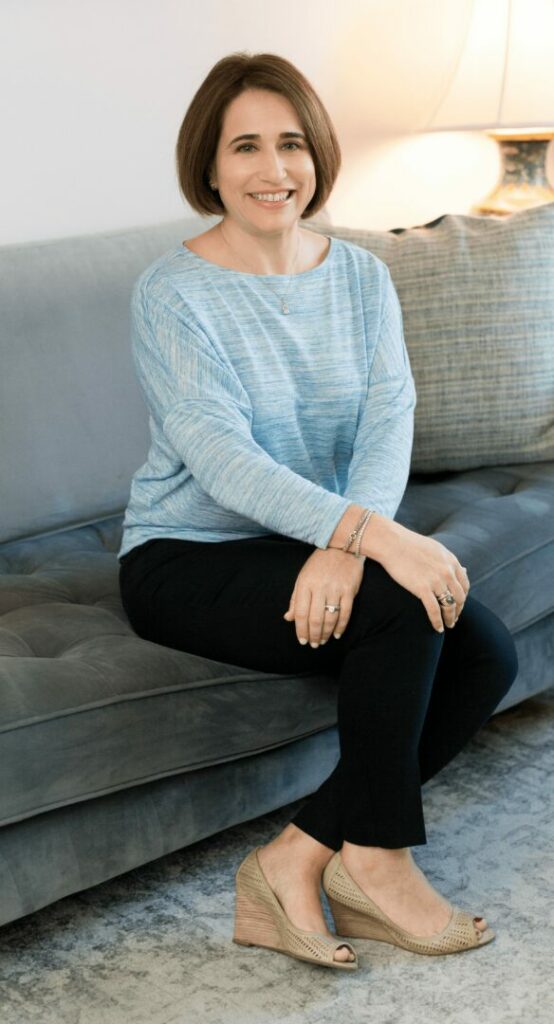
I believe a little imposter syndrome can be a good thing. It keeps me curious, humble, and motivated to continue learning and growing as a marriage and family therapist.
That said, I have worked through much of my imposter syndrome in several ways. I embraced that my time and expertise are valuable. While I may not be an “expert” on my clients’ lives, I have advanced degrees, specialized training, and the experience of earning my independent license as a marriage and family therapist. Read More>>
Mckensie Kirchner

Overcoming imposter syndrome has been a transformative part of my journey as a yoga teacher and entrepreneur. When I co-founded NOLA Vibe Yoga in 2016, I was firmly in the business role while Baye, my incredibly talented partner, led the teaching side. But the constant need for class substitutes pushed me to consider teacher training—even though I questioned if I was doing it for the “right reasons.” Read More>>
James Gloveriii
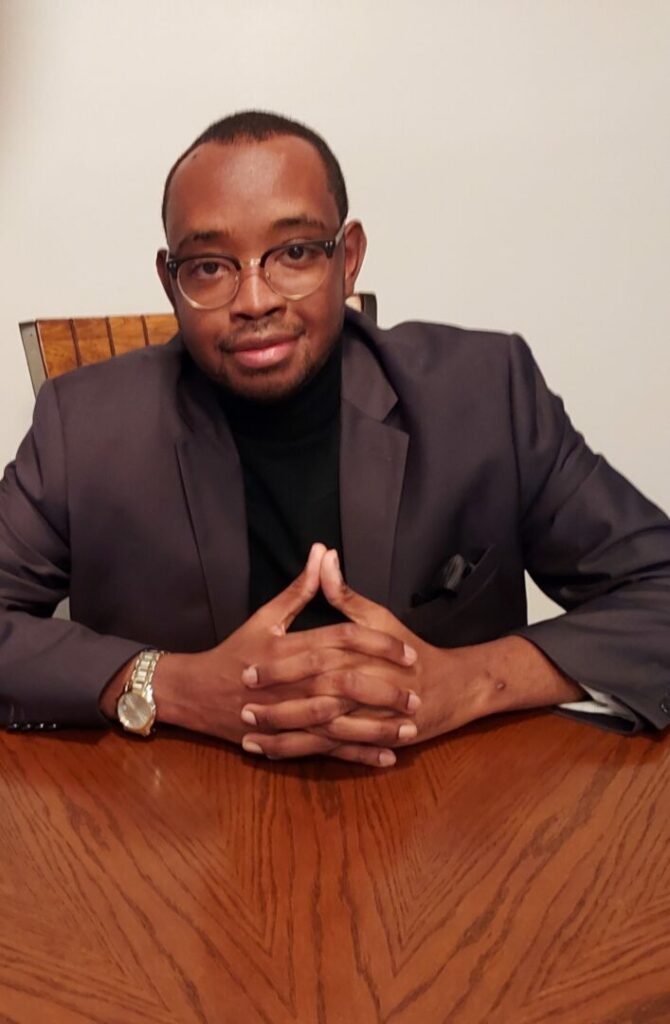
I had to come to the realization that there was only one me.
There have been times in my life when I had to step back and reevaluate myself in order for me not to go back into that mindset. I wanted to fit in by the world’s standards. So, I would try to mimic what I thought was good. So, I would I doubt myself, and my accomplishments because of the people I was around that made me feel like I wasn’t celebrating. Read More>>
Mike Parker

Honestly I don’t think I have ever overcome it completely. It has a lot to do with self-confidence, and building that confidence just comes with experience and perseverance.
The best example I can give would be when my writing partner, myself and one other writer were in development with Disney. We had sold a show to them and we were in the process of building out the world of the show, character traits, designs, etc. We got to work with a ton of great artists and I really learned a lot about story and world building. Read More>>
Jory Mertens

I have dealt with imposter syndrome, generalized anxiety disorder, social anxiety disorder, and depression most of my life. For the longest time, I just lived in the shadows of these, on guard constantly to not reveal myself too much. I still feel the urge to shrink back into the shadows and hide occasionally. Read More>>
Anna Mcdonald
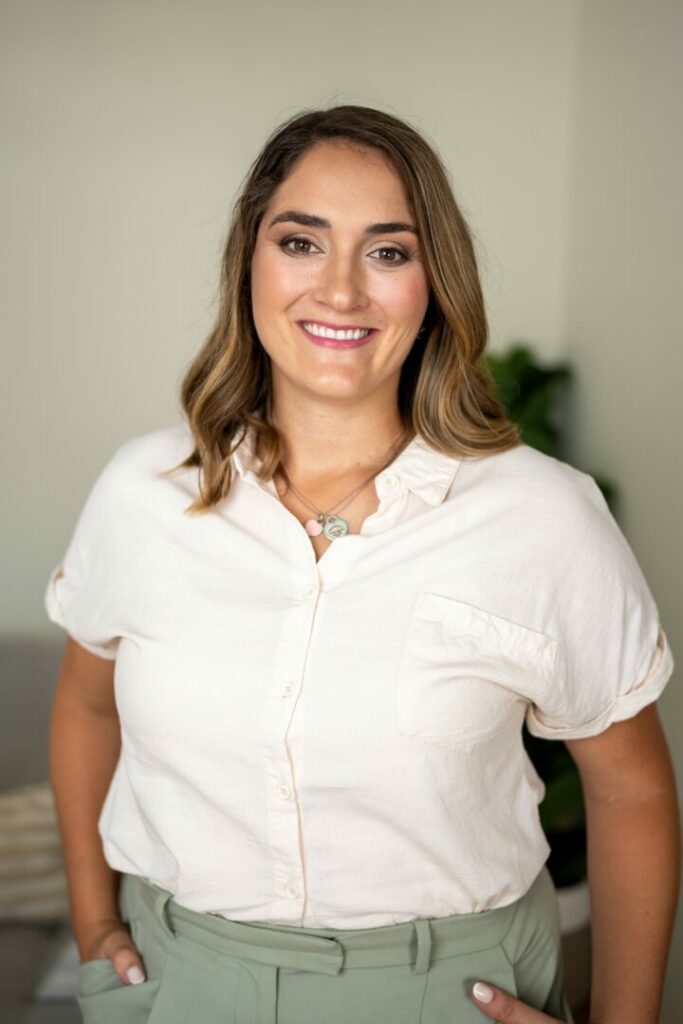
Honestly, imposter syndrome is something I still navigate. When I was in college, my educational advisor told me I would only amount to a C student based on my high school GPA. When I applied for graduate school, I was waitlisted—essentially being told I wasn’t “good enough.” That narrative has shown up in many forms throughout my life, reinforcing the idea that I can’t or won’t succeed. Read More>>
Christian Fulks

I overcome imposter syndrome by believing that it’s something everyone is going to feel in my position. There are so many people that I’m inspired by, so believing that they felt the same way that I do, and then proving themselves wrong and showing why they’re worth being where they are, it helps me accept myself and see myself following their footsteps. Read More>>
Mailani Makainai

We all expereince imposter syndrome from time to time but the best way I break out of that is realizing tomorrow is not guaranteed or promised to me or anyone else for that matter. It is saying a prayer before you go to bed and then there’s a moment of realizing this might be your last Earthly slumber. Sounds morbid, but a good way to snap out of it and stand on knowing no one else can tell a story the way you tell it or sing a song the way you sing it. Get out of your own way and just keep going. Read more>>
Matilda Hay

Learning and growing have always helped me find confidence when stepping into new spaces. My imposter syndrome usually comes from feeling like I don’t know the people, their work, or that I know less than others. But by focusing on learning and personal growth, I’m able to move past it. I don’t think I’ll ever fully overcome it—trying new things and meeting new people will always be a little scary— Read More>>
Michelle Minott
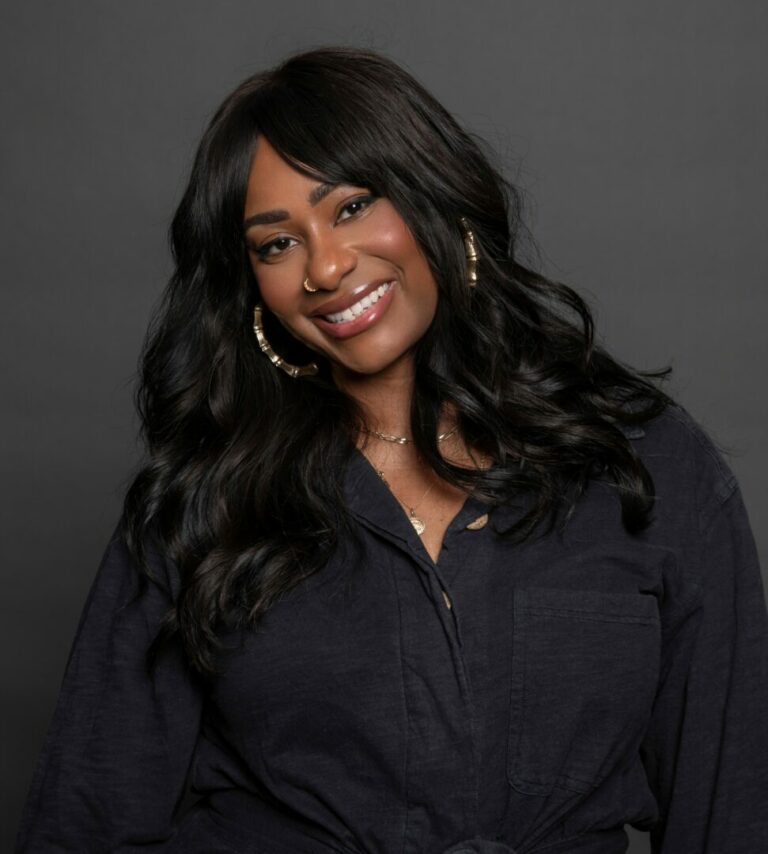
Challenging the idea that I don’t deserve my success is an active practice. For me, that means constantly reminding myself of how I got here. My raw talent has been molded by years of study, lessons learned on the job and my lived experience. I spent the first 20 years of my design career climbing the corporate ladder in mass market fashion. In the early years, each promotion came with fears that I didn’t belong, that I wasn’t enough. Read More>>
Helen Perea
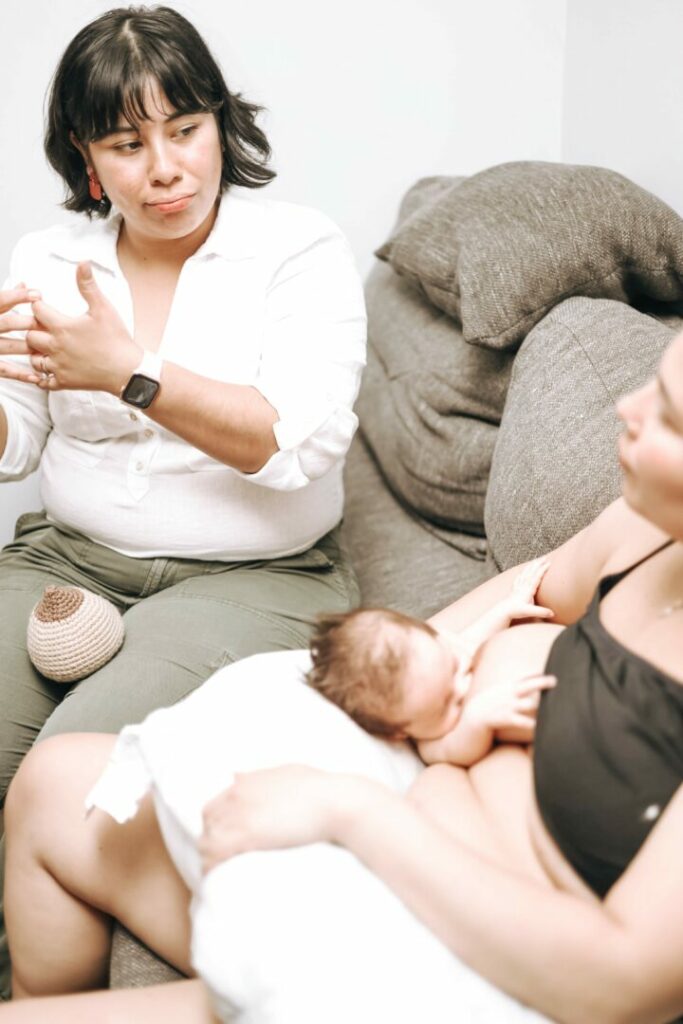
I have to keep reminding myself that, I am qualified to do my job, and that I have a responsibility to empower parents with the information that I’ve learned. Read More>>
Gina Kennedy

This was always a huge struggle for me. First of all, being a woman in music can be tricky on it’s own, but I went down the road of rock music where women are fighting for basic equality. Most of my confidence issues only truly began to dissipate when I started playing bigger stages and was invited into more prestigious rooms. Read More>>
Irina Guseva

Imposter syndrome is something I’ve struggled with, and to be honest, I still experience it. But now, I recognize it for what it is and try different methods to overcome it. Even with 15+ years of experience in photography, interior design, and business, I often feel like I’m not good enough—especially after moving to the U.S. and starting fresh in a new market. Read More>>









